
So, after a fantastic five days on Mozambique Island, we returned to the mainland to spend the remainder of our days in Mozambique in Pemba. We had a flight out to Dar es Salaam on the 29th and were thoroughly exhausted. We had about a week left and had planned on spending those days on the Quirimbas Islands, the mindblowingly beautiful string of islands off the coast of Northern Mozambique that have frequently graced the cover of many of the major travel magazines and publications over the past decade. However, the Quirimbas at the moment are really reserved for the few who can afford such things as flying clear across the world, and booking themselves in an exclusive resort in an incredibly overpriced country for a week.

Yes, Lori and I love to travel, but it’s avoiding precisely the types of high-end exclusive lodges on the Quirimbas (or Koh Samui, Thailand or northern Belize) that allows us the financial freedom to travel as long and as extensively as we do. It’s not that we have anything against these places (for the most part), it’s just that our priorities are a bit different. What generally interests us the most is the journey and the discovery of travel rather than simply arriving at the destination, so being gingerly deposited in a swanky locale sort of defeats the purpose.
But in all honesty, a luxury resort on a remote tropical island was sounding really very nice about now. If we had money to burn and were at the tail end of our trip, maybe we would have splurged for the short flight over to paradise. But with two more months in Africa and the magnificent beaches of Zanzibar still ahead of us, a flight to the Quirimbas was impossible to justify. And after the long, exhausting slog up the length of Mozambique, there was no way we were going to make the grueling trip to the islands overland.

Wimbi Beach
So, we found ourselves in Pemba. We tried our luck at a “bush camp” on the bay, which didn’t quite turn out the way we planned. We thought we’d spend a few days out on Wimbi beach, but all the budget lodging options were booked. So, we found a decent budget guesthouse in central Pemba and parked ourselves there.
That’s not to say that we didn’t get to Wimbi. We managed to make it out there twice, mostly owing to Pemba Dolphin’s amazing English breakfast. It’s a ton of food and a great deal by any standard, but particularly by Mozambique tourist/expat prices. Additionally, the place has a really nice and relaxing deck overlooking the long stretch of white sand and turquoise waters.

For budget travelers, Wimbi is a nice enough day trip. Yes, of course, there’s Russell’s Place (aka Pemba Magic) at the far end of the beach that all the backpackers seem to hit at one point or another. We never made it out there — they were fully booked, and even if they weren’t, I can’t possibly imagine how the slow-groove of backpacker trance music and a cold cocktail in hand overlooking a beautiful coastline would beat out a night in an aging 50-year-old hotel (about 51 years past its prime), with an unflattering view of the back of a string of urban flats that haven’t been power washed since 1974…
Regardless, we saved quite a bit of money basing ourselves out of central Pemba, eating local food and commuting to the beach, which was quite effortless, really — just hail one of the yellow-marked chapas heading east along Av. 25 de Setembro. They’ll often stop for you and ask “beach?” if you look like you’re not from around those parts. Oh, a weird thing about Pemba chapas — they actually have designated “stops” along the main streets in the center of town…sort of. They won’t just stop for you along any part of the route (like everywhere else in the country). The stops aren’t necessarily marked, either, so just look for where everyone is standing around straining their necks in unison for their ride.

All in all, Wimbi is a nice break from the monotony of central Pemba (which isn’t to say that Pemba is a horrible place to stroll about — it’s actually quite relaxing compared with other similarly-sized African cities). However, the actual beach is a bit overrated I thought.
For eons, I’ve been hearing from travelers and reading in guidebooks how amazing Wimbi is. And yes, it’s a perfectly fine beach. But for all the effort to get to this place from really anywhere else, is it worth it? If you find yourself in the area, absolutely. But I wouldn’t make a special trip. Despite it’s location in the far north of Moz, it’s neither remote nor pristine, and you can really only swim at high tide. Furthermore, Wimbi is first and foremost a municipal beach — by, for, and of the locals — which is fantastic — there aren’t enough places in Moz where you actually see Mozambicans enjoying their own beach. But being a municipal beach, like anywhere, lends itself to far more trash and urban detritus than you’d find elsewhere in Moz. Bottom line, Wimbi is no Tofo, but perfectly adequate if you’re in the area.

A Terrifying Discovery…
So this is where the story gets interesting…
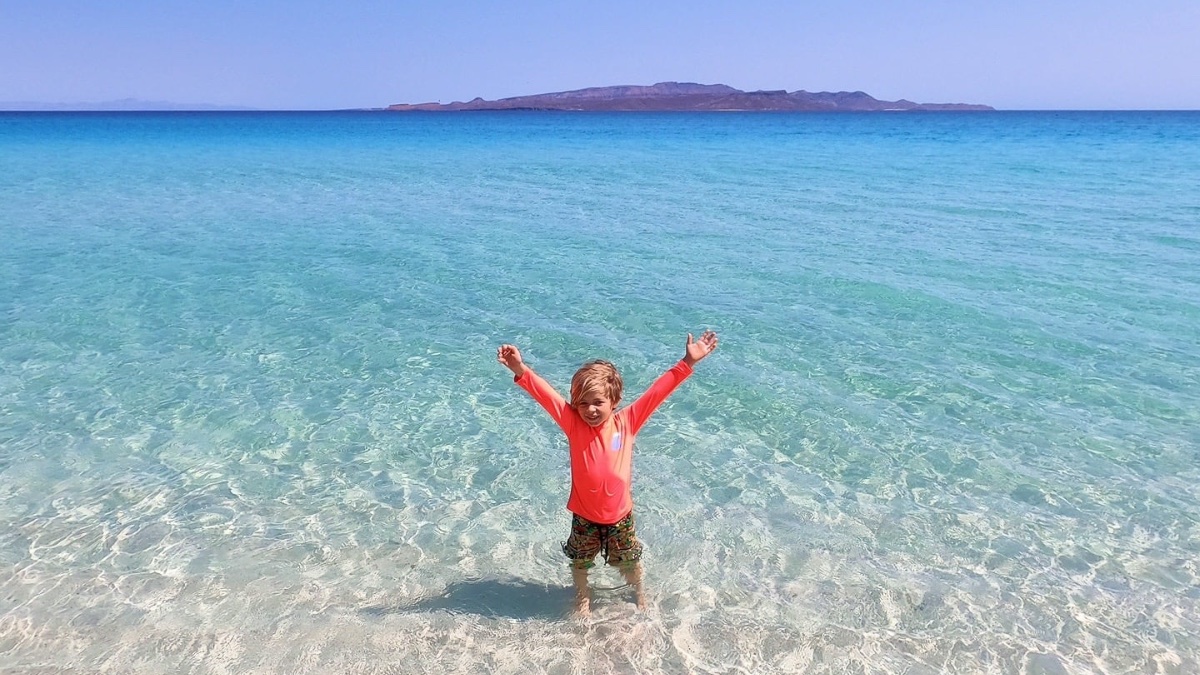
We were due to fly out of Pemba International airport for Dar es Salaam, Tanzania the day after next. Up until now, we had been riding high on the prospect of greener pastures ahead: Zanzibar, the Kenyan Coast, safaris, visiting friends in Nairobi and Kampala. It had been four long weeks — four hard weeks, some of the hardest travel weeks since India — and we were more than ready to get on that plane and be swept away to a country that neither of us had ever been — a new adventure! We were eager and willing, we were almost packed — mentally, we were already in Tanzania. We were ready…except we weren’t ready. In all of the craziness of the past week we had forgotten one critical component of getting into Tanzania.
Of course, if you are an American citizen, you need a passport to get into Tanzania, that generally goes without saying. You also need a tourist visa. We had done our due diligence and figured out that despite many inaccurate claims on the interwebs, you can indeed get a visa on arrival entering Tanzania. You used to be able to get a visa on arrival coming into Mozambique, but this is actually no longer the case (they changed the rules just months before our departure, leading us to pay the embassy a visit in DC during our short visit).
However, what you may not already know is that to obtain said visa (even at the Dar airport IN Dar es Salaam) you MUST pay the visa fee in good ol’ American green backs — that’s right: Tanzania — a country about as far from the U.S. as it gets, with no discernible economic link to the Land of Free and Home of the Brave, will not accept ANY OTHER CURRENCY INCLUDING THEIR OWN for payment for a tourist visa to enter their country. This doesn’t just go for Americans (who make up but a fraction of the number of foreigners who enter their country each day) but ALL foreigners needing a visa. Can you imagine traveling from the U.S. to Canada and having to pay for a visa in Tanzanian currency ONLY — no U.S. or Canadian currency accepted. To make matters worse, the cost of a Tanzanian visa is very high: $100 per person for U.S. citizens.

Now, before I go any further, I do want to make it clear that Tanzania is by no means an exceptional case in this respect — both Kenya and Uganda require payment of the tourist visa to enter their respect countries in US Dollars as well — and we’ve encountered this elsewhere in our travels in Latin America and Asia. And Lori and I were fully aware of all of this before setting out on our adventure. We arrived in South Africa with a good amount of U.S. currency, but certainly not $400 worth (the total amount needed to cover both of our visas to all three countries in question). Instead of carrying that much cash around for several months, we figured we would cross that bridge when we got to it — make a withdrawal from an ATM and change the money at a Forex (currency exchange office) at border crossings, in a major city, or at the very least, at an international airport and that would be that. No problem. Easy peasy. Except…
…PEMBA DOESN’T HAVE CURRENCY EXCHANGE OFFICES!!!
Nowhere in the entire city — believe us, we asked everyone and searched high and low. Now, this might not come as a surprise in some backwater several hundred miles from an international border. But Pemba is the provincial capital of the northernmost province in Mozambique, the northernmost major city to Tanzania, and with an International airport with regular daily flights to various neighboring countries.

That’s not to say that Mozambicans can’t exchange money. When we asked various people where we could exchange money, they promptly pointed us in the direction of any number of banks — and Pemba has no shortage of banks — international banks, national banks, banks of all sizes and shapes. We must have visited close to a dozen — and yes, most of them do exchange foreign currency. But the catch is that they only do so if you have an account with the bank. We even made a trip out to the international airport figuring that they’d have somewhere where we could exchange Mozambican meticais into USD. We were again pointed to the bank, but the same story: Money exchange for bank account holders only! We even got so desperate as to ask to open an account with the bank, which was met with another problem entirely. You might be able to imagine the series of absurd (and fairly heated) exchanges that occurred between myself and a number of bank reps and managers (in Portuguese) regarding our circumstances:
Me: Bom dia. I’d like to exchange some money.
Bank X: No problem. Do you have an account with us?
Me: No, I don’t.
Bank X: Oh, I see. Unfortunately exchanging currency is one of our ultra premium services reserved for our esteemed clients for really no other reason than because that’s the way it is.
Me: But you see, this is a big problem. We are getting on a plane tomorrow at the airport here in town and will need U.S. currency from the second we get off the plane, because Tanzania it seems is so tired of all of the revenue that foreign tourists bring into their country that they have made it exceedingly difficult to enter their country — requiring that all visas be paid in a currency that is apparently impossible to obtain in the next country over and placing all ATMs and Forex offices on the other side of immigration. What do you suggest we do?
Bank X: It sounds like you will need to get some U.S. cash.
Me: Yes, so how do you suggest we do that?
Bank X: You’ll need to go to a bank and exchange money.
Me: This is a bank, right? You exchange money, right?
Bank X: Yes and yes. But you will need to go to another bank.
Me: But we’ve already been to six other banks and none of the them will let us change money if we don’t have an account.
Bank X: Well, then maybe you should open an account.
Me: Ok, can we open an account here?
Bank X: That should not be a problem.
Me: Great! Let’s do that.
Bank X: Ok, what will you be exchanging?
Me: Mozambican Meticais for U.S. dollars.
Bank X: Oh. I see. Yeah…we definitely don’t do that. If you have U.S. dollars, we will give you Meticais, yes? You see, our own currency is virtually useless in the outside world, and a poor investment for our bank, so we don’t ever, ever buy it. We only buy other country’s currency. Now, let’s open that bank account for you!

After spending the entire day running around all over town, we returned to our room tired and frustrated. I did some additional online research on whether USD was absolutely required or if they would accept Mozambican money. By all accounts, they certainly wouldn’t accept Mozambican money. They wouldn’t even accept Tanzanian money. Forum after forum reiterated the same hard-to-swallow fact:
No U.S. dollars, no visa.
No visa, no entry.
We were up a creek called Mozambique without cold hard American cash, with no hope of getting into Tanzania and less than 48 hours left on our Moz visas before getting kicked out of the country. A fitting end, it seemed, to our time in Mozambique…
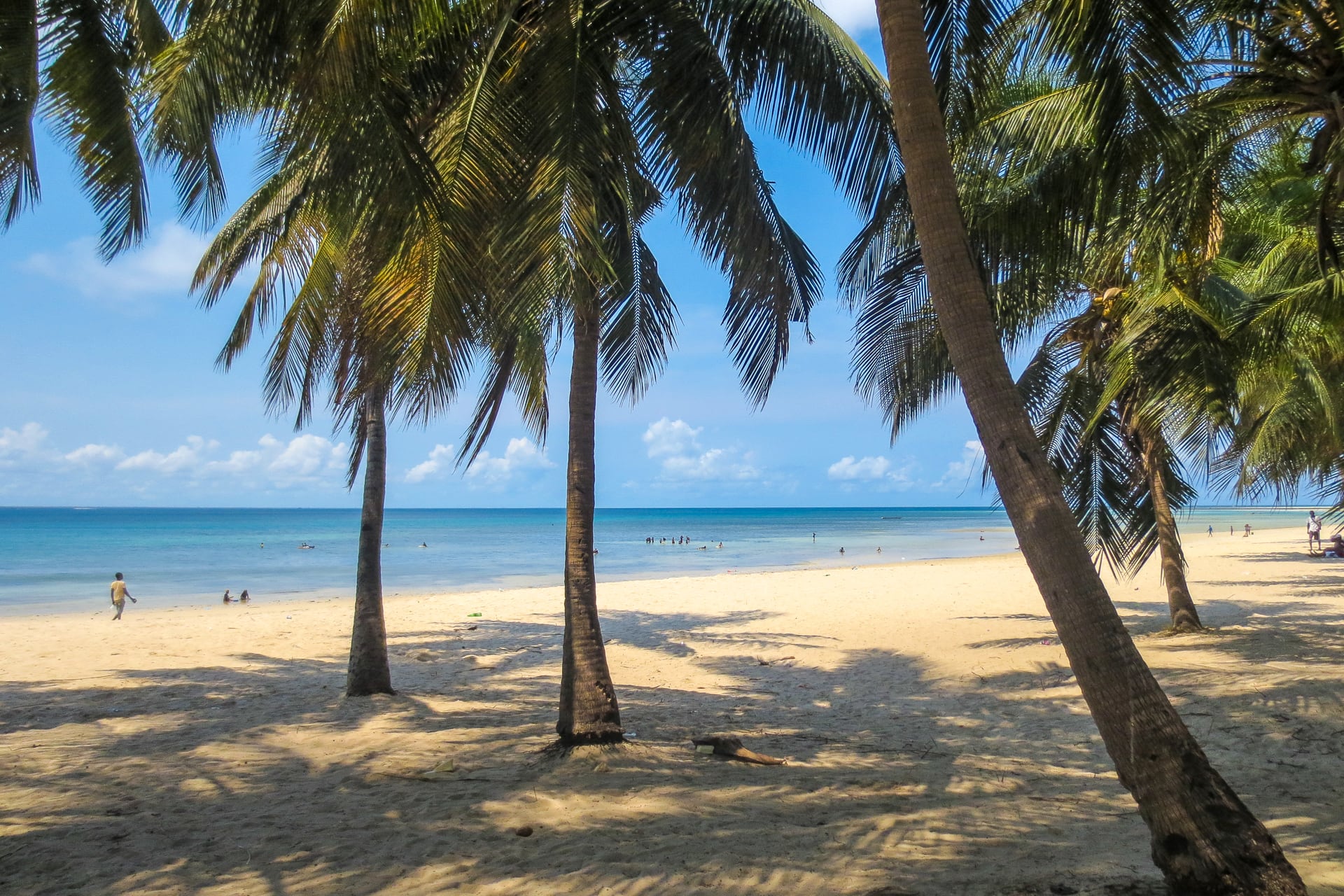
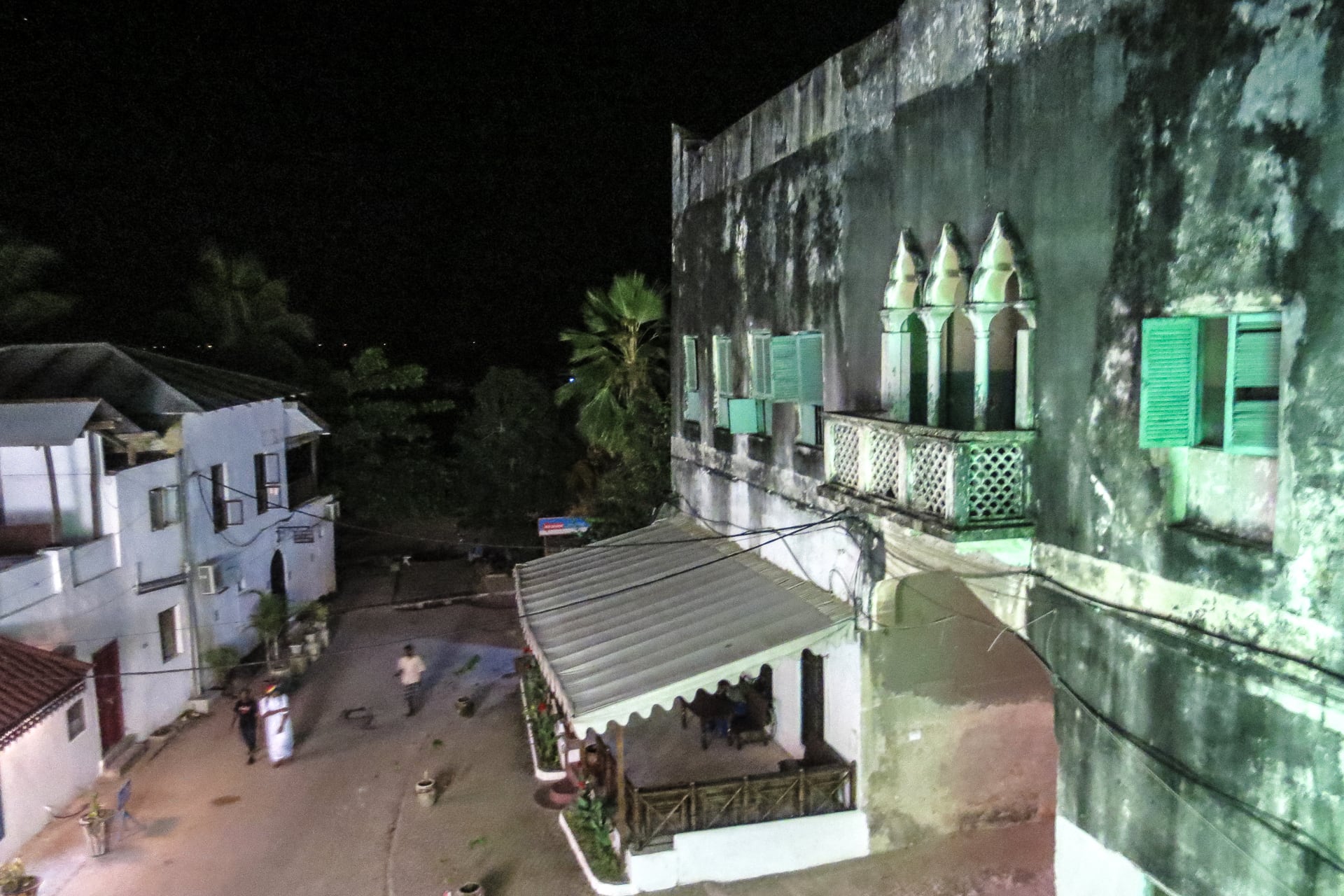
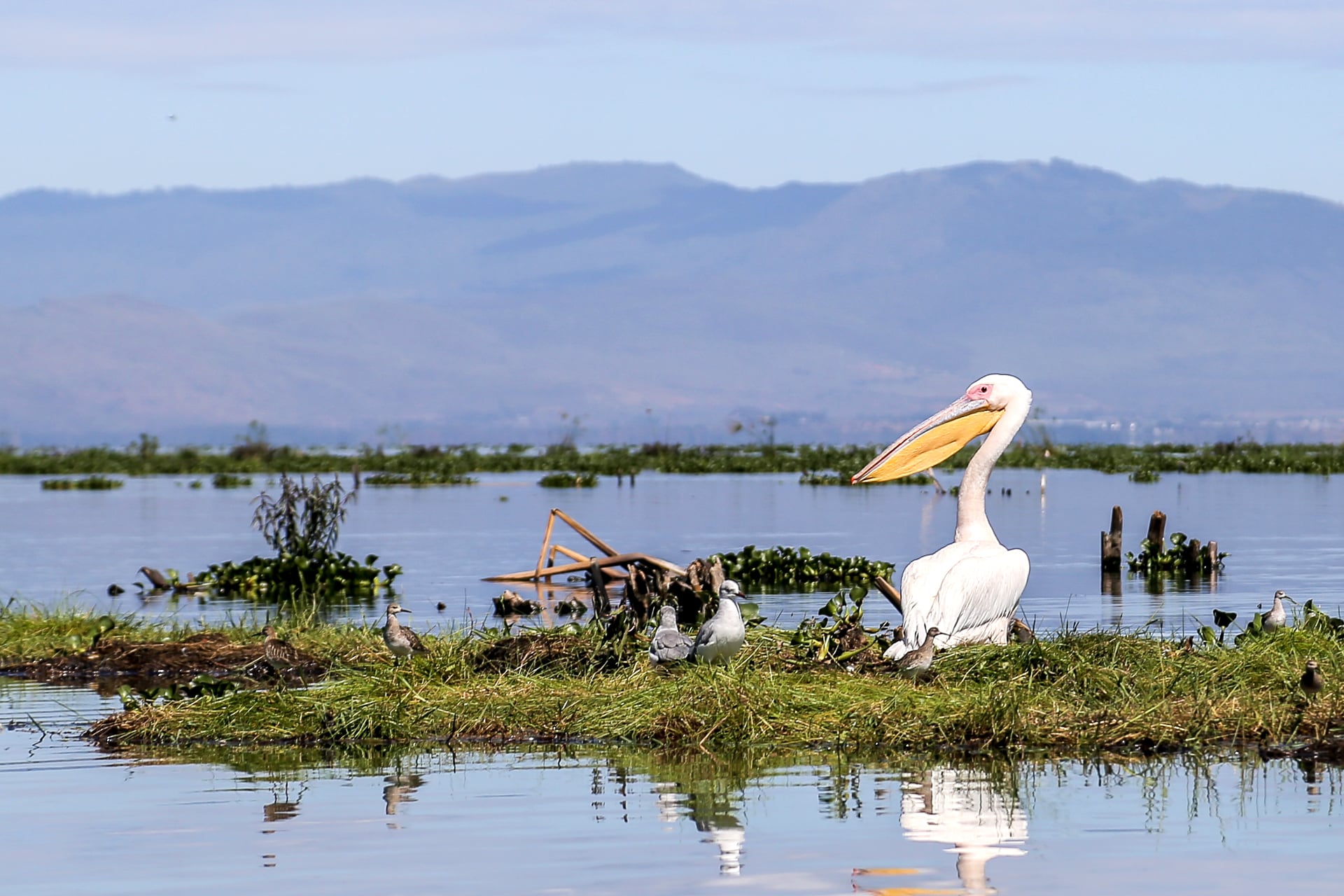
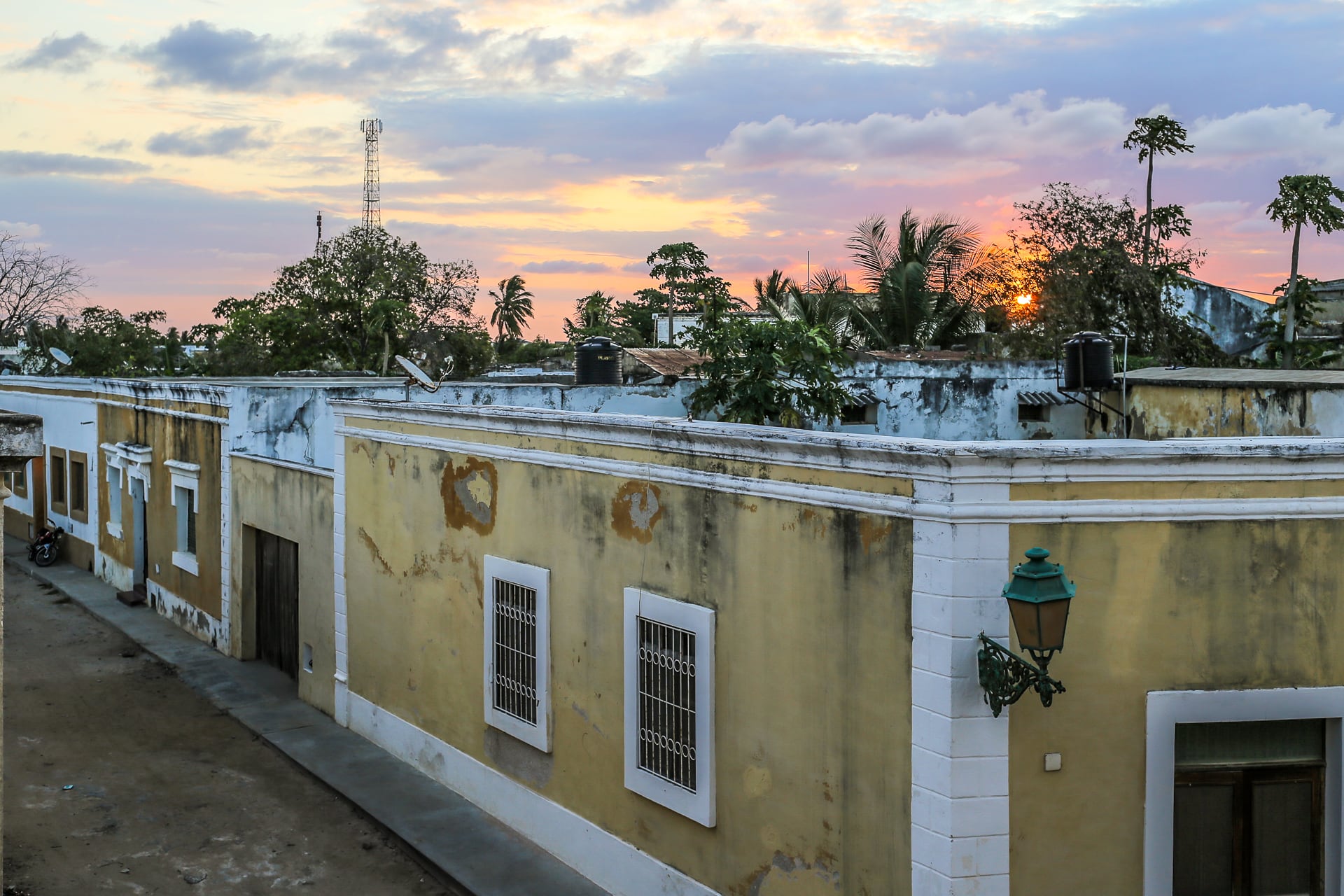
OMG, you must have been desperate—
can’t wait to hear the REST OF THE STORY !
Take care—see you soon back home, GM/T
Talk about a cliffhanger!!!!! oh my!